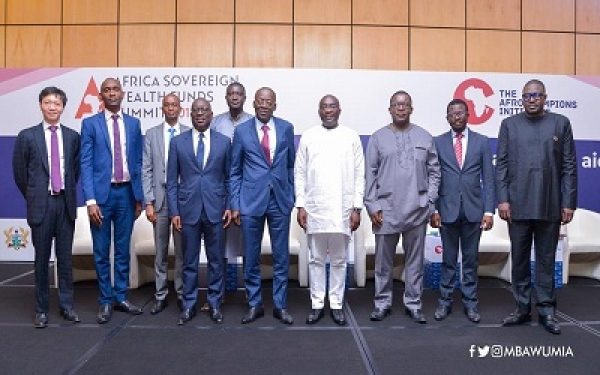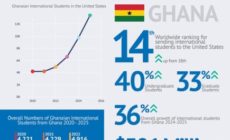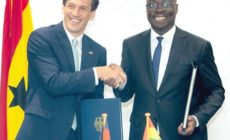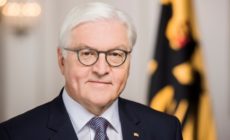In line with this, they were going to establish the Ghana Asset Management Corporation – a body to manage the state’s assets portfolio.
He added that a legislation to back it was now being finalised by the finance ministry after going through Cabinet.
The move formed part of the innovative strategies to transform the economy, and “to transform our economy, we have to generate the wealth ourselves”.
Vice-President Bawumia was speaking at the 2018 African Sovereign Wealth Funds (SWFs) Summit in Accra.
‘Financing Africa’s transformation: The role of sovereign wealth funds’ was the theme chosen for the event.
It was organised by the Afrochampions Initiative and brought together SWFs managers, investors, government officials and captains of industry from across the continent to discuss leveraging the funds to transform their economies and accelerate development.
SWFs are state-owned investment funds in real and financial assets – stocks, bonds, real estates, precious metals or in alternative investments like private equity or hedge funds.
These funds are mostly revenues from commodity exports or foreign exchange reserves held by the central bank.
They help countries to better manage and invest their oil wealth and commodity exports for future generations.
According to the 2018 African SWFs Index, the total of sovereign wealth funds, globally, is $7 trillion, with 12 African countries having between them US$90 billion, representing 1.4 per cent of the global total.
The Vice-President, who spoke on ‘Moving Africa beyond aid: The role of African sovereign wealth funds’, encouraged Ghanaian businesses to take advantage of the platform to engage with strategic partners and their foreign counterparts on investment opportunities.
African countries could move beyond aid if they leveraged on their enormous resources and investment opportunities to create jobs and grow their economies.
He noted that the continent had enough wealth and resources to aid her development to end the “dependency on the international donors”.
He underlined the need to do more to improve domestic revenue generation performance.
Mr Solomon Asamoah, the Chief Executive Officer (CEO), Ghana Infrastructure Investment Fund, during a panel discussion, said the fund, established with US$250 million, had been investing in economic infrastructure.
Over a period, it would source funding from the international market to advance its infrastructure development agenda.
Ghana to raise more funds through assets leverage – Veep
- Posted on
- Comment
 The Vice-President, Dr Mahamudu Bawumia, has hinted at plans to leverage government’s assets to raise additional funds for development.
The Vice-President, Dr Mahamudu Bawumia, has hinted at plans to leverage government’s assets to raise additional funds for development.










 (Selorm) |
(Selorm) |  (Nana Kwesi)
(Nana Kwesi)